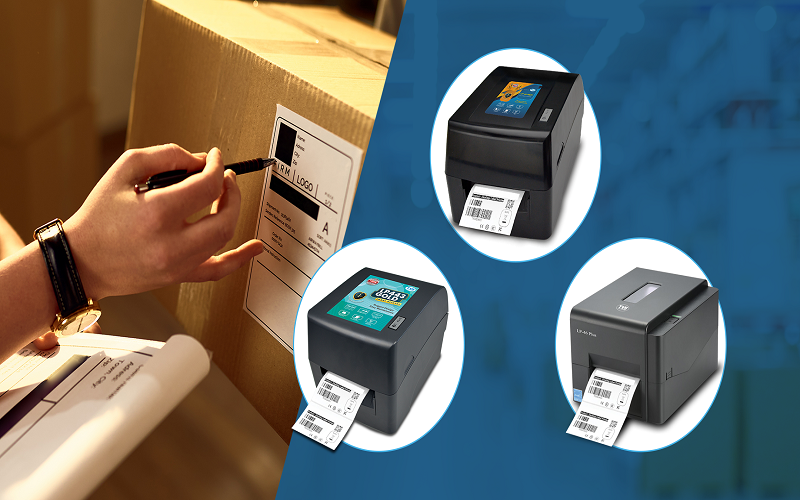In the complex world of business, effective management is the key to ensuring smooth operations and consistent growth. Among the many processes a business has to manage, payroll stands out as a critical component. It doesn’t just ensure that employees are compensated, but it also has implications for morale, financial planning, legal compliance, and overall business success. So, what are the benefits of efficient payroll management? Let’s delve in.
- Enhanced Accuracy: Managing the finances of a business, especially payroll, requires meticulous attention to detail. A small mistake can have huge consequences, leading to employee dissatisfaction or legal complications. An effective payroll management system minimizes human error, ensuring that every employee receives the correct salary on time.
- Compliance with Regulations: Tax codes and employment regulations can be complex and often change. Keeping up with these changes and ensuring compliance is crucial to avoid costly fines and legal actions. As tax laws and other requirements change, payroll management systems are often updated in real-time to ensure that firms always stay compliant.
- Cost Savings: Although there might be an initial cost to set up a payroll management system, in the long run, it can lead to significant savings. Manual payroll processes can be time-consuming and prone to errors. Automating the system can reduce the need for rework, minimize the potential for financial losses due to mistakes, and decrease the resources dedicated to the task.
- Employee Morale and Retention: Salary, undoubtedly, plays a crucial role in employee satisfaction. Consistent and error-free salary disbursement ensures that employees trust the organization and feel valued. When employees can rely on timely and accurate compensation, they’re more likely to stay loyal to the company.
- Time Efficiency: In businesses, time is money. Manual handling of payroll can be tedious and time-consuming. Automated payroll systems of TASC Corporate Services, or even outsourcing payroll management, can save a company significant time, allowing them to focus on core business functions.
- Record Keeping: Modern payroll systems aren’t just about disbursing salaries. They also maintain comprehensive records of all transactions. This can be immensely helpful during financial audits or when preparing financial reports. With digital payroll management, historical data can be retrieved easily, simplifying the analysis and decision-making process.
- Security and Confidentiality: Payroll data is sensitive. It includes personal details of employees, their financial information, and other confidential data. A dedicated payroll management system will often have built-in security features, ensuring that this data is protected from breaches, unauthorized access, or any potential misuse.
- Integration with Other Systems: Advanced payroll systems can easily integrate with other enterprise systems like Human Resource Management Systems (HRMS), time tracking tools, or accounting software. This seamless integration can aid in better data synchronization and can enhance the functionality of the entire enterprise system.
- Transparency and Accessibility: Modern payroll management solutions often come with self-service portals for employees. Through these portals, employees can access their payroll data, check salary slips, apply for leaves, or update personal details. This enhances transparency and reduces the administrative load on the HR department.
- Scalability: As businesses grow, so do their operational complexities. An efficient payroll system can scale up (or down) based on the organization’s requirements. Whether a company hires ten or a thousand new employees, a good payroll management system can accommodate this growth without compromising efficiency.
- Regular Training: Staying current in the payroll domain is essential. As regulations, tax codes, and employee benefit requirements shift, it’s crucial for payroll professionals to undergo training. Updated knowledge reduces the risk of compliance blunders, mistakes stemming from outdated practices, and streamlines operations. Regular training also empowers staff, boosting their confidence and efficiency in managing the complex landscape of payroll.
- Backup Regularly: Data loss can be catastrophic. Regularly backing up payroll data, ideally in multiple formats and locations, is crucial. Cloud-based solutions, external drives, and secure online platforms ensure redundancy. This practice not only safeguards against system crashes or cyber-attacks but also ensures that data retrieval is swift and efficient, guaranteeing business continuity.
- Audit Trails: A robust audit trail system is the backbone of transparency. By documenting every step in the payroll process chronologically, these trails aid in pinpointing discrepancies, tracking anomalies, or detecting fraud. Regular audits ensure the process remains transparent and accountable, acting as a deterrent to manipulations and offering a clear path to rectify errors.
- Clear Communication: Transparent communication fosters trust. Employees should clearly understand their earnings and deductions. By communicating about salaries, bonuses, deductions, and other compensation components, businesses can avoid misunderstandings, grievances, and ensure employees feel valued. Such open dialogue also reduces administrative burdens, as fewer discrepancies need resolution.
- Use Cloud-Based Systems: Cloud technology revolutionizes payroll management. Cloud-based systems allow for real-time updates, seamless scalability, and the flexibility of remote access. Such systems ensure data is always accessible, routinely backed up on secure servers, and can be operated from anywhere, benefiting businesses that operate across different regions or have remote employees.
- Set Clear Deadlines: Timeliness is the essence of payroll. Setting unambiguous deadlines for activities like reporting work hours, logging vacations, or claiming expenses ensures systematic input collection. This proactive approach guarantees timely payroll processing, reducing last-minute scrambles and maintaining consistency in payment cycles.
- Go Paperless: Digitization offers manifold benefits. Transitioning to a paperless payroll process is not only eco-friendly but also bolsters efficiency. Digital records facilitate faster data retrieval, space-saving storage, and reduce risks associated with physical damage, misplacement, or deterioration of paper documents.
- Regularly Update Software: Software tools evolve rapidly. Keeping payroll software updated is essential for security and functionality. Outdated versions might have exploitable vulnerabilities or may not cater to new regulatory demands. Updated software offers enhanced features, improved security, and ensures compliance, safeguarding businesses from potential pitfalls.
- Seek Feedback: Continuous improvement thrives on feedback. Engaging both the payroll team and employees can uncover invaluable insights about the process’s effectiveness. Feedback can highlight inefficiencies, identify pain points, and offer suggestions, acting as a catalyst for refining and optimizing the payroll process.
Conclusion
Payroll outsourcing companies in Dubai is not just about paying employees. It’s a critical function that affects various aspects of a business, from financial health to employee morale. By investing in robust payroll management serviceslike TASC Corporate Services, businesses can reap numerous benefits, ensuring smoother operations, legal compliance, and fostering a more productive, content workforce. In the ever-evolving business landscape, staying ahead means optimizing every function, and payroll management is no exception.




